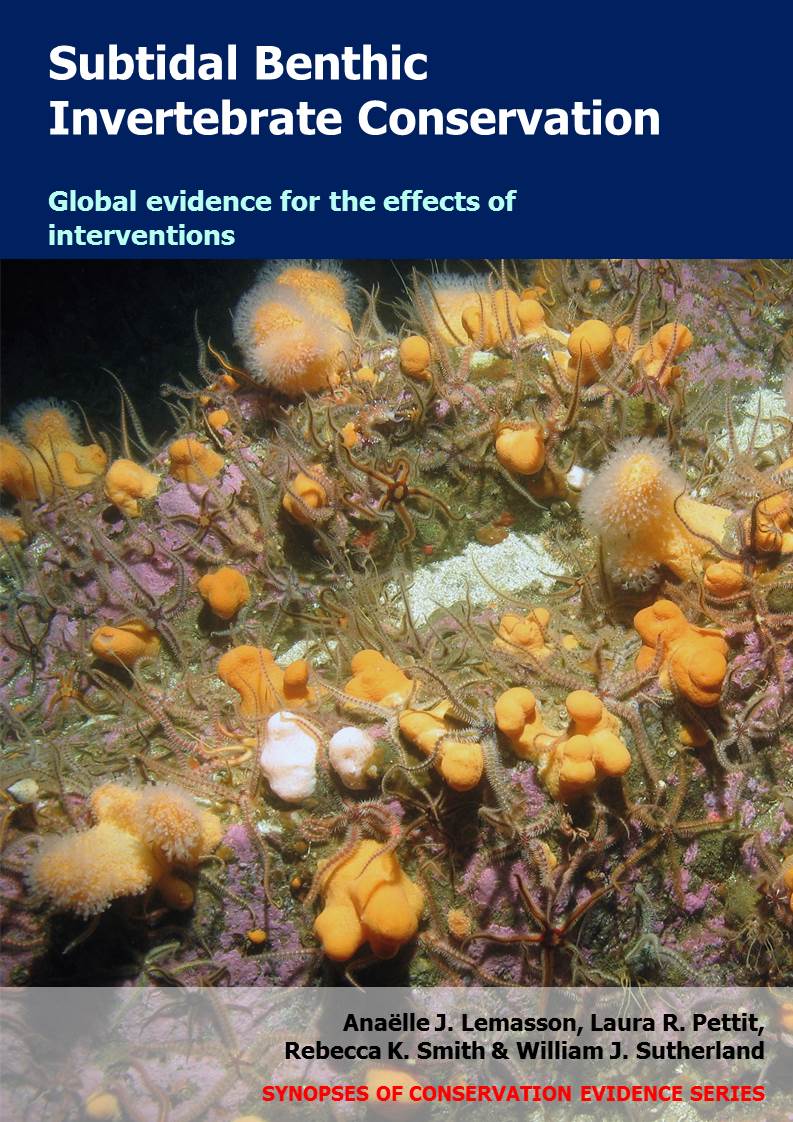Tag species to prevent illegal fishing or harvesting
-
Overall effectiveness category Unknown effectiveness (limited evidence)
-
Number of studies: 1
View assessment score
Hide assessment score
How is the evidence assessed?
-
Effectiveness
20% -
Certainty
22% -
Harms
0%
Study locations
Supporting evidence from individual studies
A before-and-after study in 2007 and 2011 of fishers surveyed across 11 sites in northern California, USA (Lewis 2015) found that introducing tagging regulation did not reduce overall illegal takes of red abalone Haliotis rufescens. Tagging led to a 4% reduction in illegal takes of abalone, but this was not statistically significant. Of the seven categories of illegal takes considered, only non-compliance with daily-take quotas significantly reduced (before tagging: 32%; after tagging: 19%), particularly amongst local fishers (before: 72%; after: 43%). The other six categories were not significantly reduced (see paper for details). Red abalone tagging regulation was introduced in California between 2007 and 2011 (date unspecified). Over five weeks in August–September 2007 and 2011, fishers at 11 sites where abalone harvest is restricted were asked to respond to a set questionnaire regarding their compliance to each of seven regulations. Proportional non-compliance across fishers was estimated for each regulation and overall.
Study and other actions tested
Where has this evidence come from?
List of journals searched by synopsis
All the journals searched for all synopses
This Action forms part of the Action Synopsis:
Subtidal Benthic Invertebrate Conservation





)_2023.JPG)














